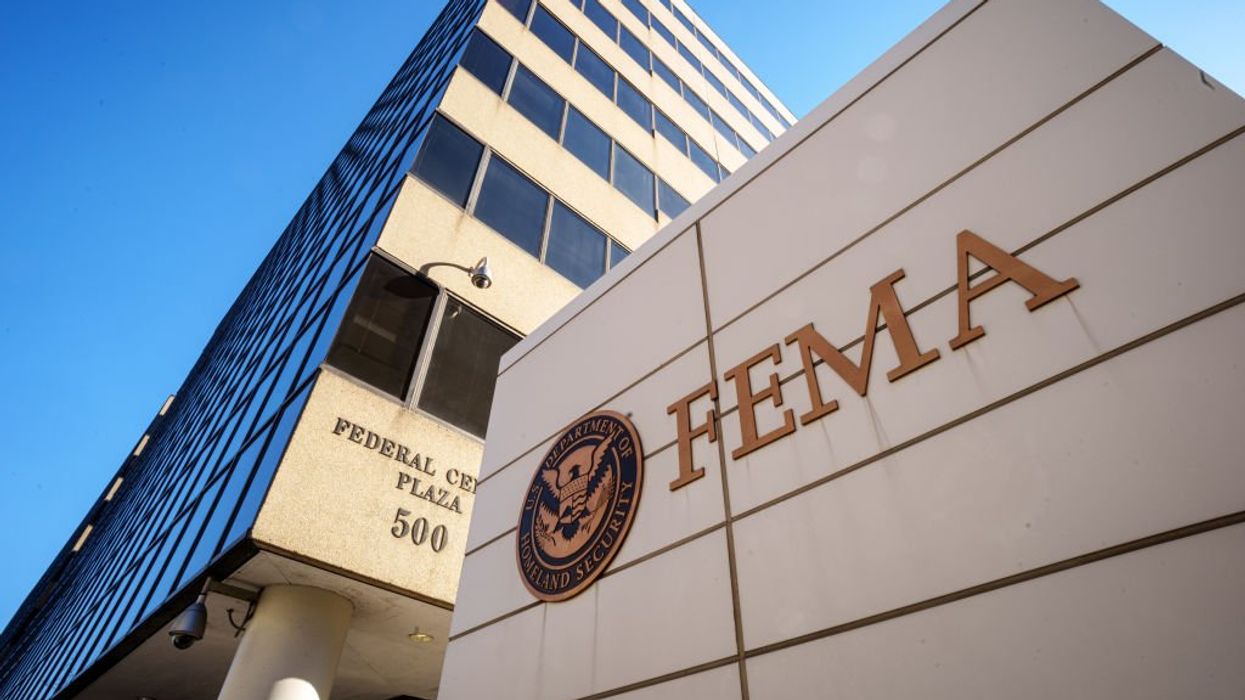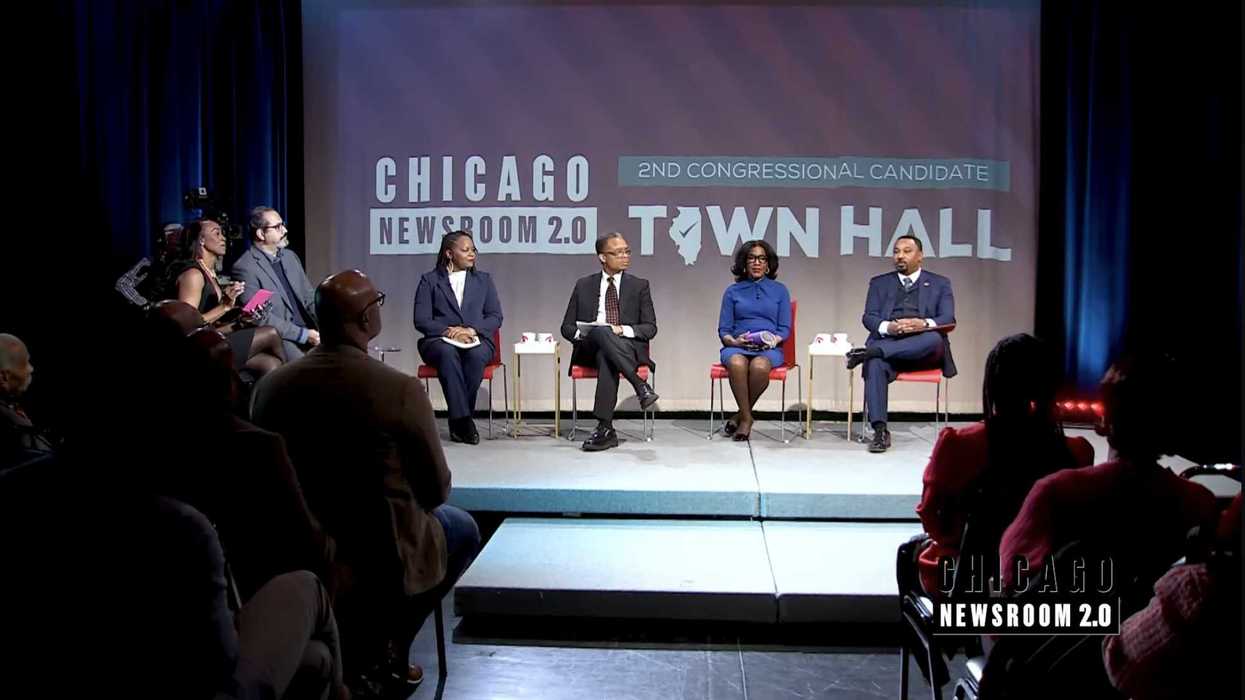From 1995 until COVID hit, Scott Harding led student groups to volunteer in areas affected by natural disasters through the National Relief Network (NRN).
Harding, who also founded NRN, said he has taken groups across the country to disaster sites in his time and noticed Federal Emergency Management Agency (FEMA) representatives, a group helping communities in the United States recover from natural disasters. But Harding said what he calls a “Biden Administration phenomenon,” caused by the Democratic culture in the nation’s capital, has politicized the disaster relief process.
“If I am not mistaken, D.C. is probably 95 or more percent Democrat, and there just seems to be a lot of political turmoil,” Harding said.
According to results from the 2024 presidential election, 92.5 percent of D.C. residents voted for Vice President Kamala Harris and 6.6 percent for President Donald Trump.
During efforts to assist those affected by Hurricane Milton and Helene in 2024, FEMA supervisor Marn’i Washington was fired after reports stated she told FEMA workers to skip over houses in Placid, Fla., displaying support for Trump.
As a result, Florida Attorney General Ashley Moody sued former FEMA Administrator Deanne Criswell and Washington in November 2024.
“I am taking swift legal action to find out how far this political discrimination reaches and to make sure all Americans who fall victim to devastating storms are served, regardless of their political affiliation,” Moody stated in a press release.
In February 2025, the U.S. Office of Special Counsel filed a Hatch Act complaint against Washington for her actions. The Hatch Act’s purpose is to ensure federal programs are administered in a nonpartisan manner so federal employee's actions are not passed on political merit.
According to a report from the New York Post, an agency official told The Post it was “an open secret” during the Biden administration that FEMA employees avoided “white or conservative-dominated” disaster zones. These orders were “clear guidance” from the official’s supervisors.
Recently, new legislation has been introduced to the House of Representatives. Rep. Scott Perry (R-Pa.) introduced legislation to prohibit discrimination based on political affiliation when granting disaster assistance. Perry, Tracey Mann (R-Kan.), and Sam Graves (R-Mo.) introduced similar legislation during the 118th Congress.
“The blatant disregard of President-elect Trump supporters directly contradicts FEMA’s core mission and values,” the members wrote when introducing the legislation last year.
Although Harding has not volunteered to support people in natural disasters since before COVID-19, he said FEMA supervisors in the nation’s capital can override what local FEMA representatives are doing. One example Harding recalls is FEMA supervisors drawing a line in a community in North Carolina affected by flooding, meaning not all residents received disaster assistance.
“They make decisions in Washington, D.C., which make absolutely no sense for the people on the ground,” Harding said, adding storms do not follow man-made lines.
Harding also said that in American society, he has noticed how people with different political opinions cannot get along now, compared to previous years. According to the Vanderbilt Unity Index, the U.S. is on track to continue increasing political polarization. When Harding used to take students to volunteer in these natural disaster areas, he said he encouraged students to talk with those they were serving.
One example he recalls is bringing a group of students down to Morehead City, N.C. While cleaning out an older man’s house, which was flooded, he brought out a rocking chair to sit on his lawn and watch the volunteers. Harding said he suddenly looked over and noticed six students seated on the ground talking to the man.
Harding said the students learned the man had been born approximately 80 years ago in his now-flooded house, which his father had also built.
“That’s what I think FEMA forgets,” Harding said. “They’re too busy looking at logistics they forget who they are serving.”






















 Mayor Ravi Bhalla. Photo courtesy of the City of Hoboken
Mayor Ravi Bhalla. Photo courtesy of the City of Hoboken Washington Street rain garden. Photo courtesy of the City of Hoboken
Washington Street rain garden. Photo courtesy of the City of Hoboken